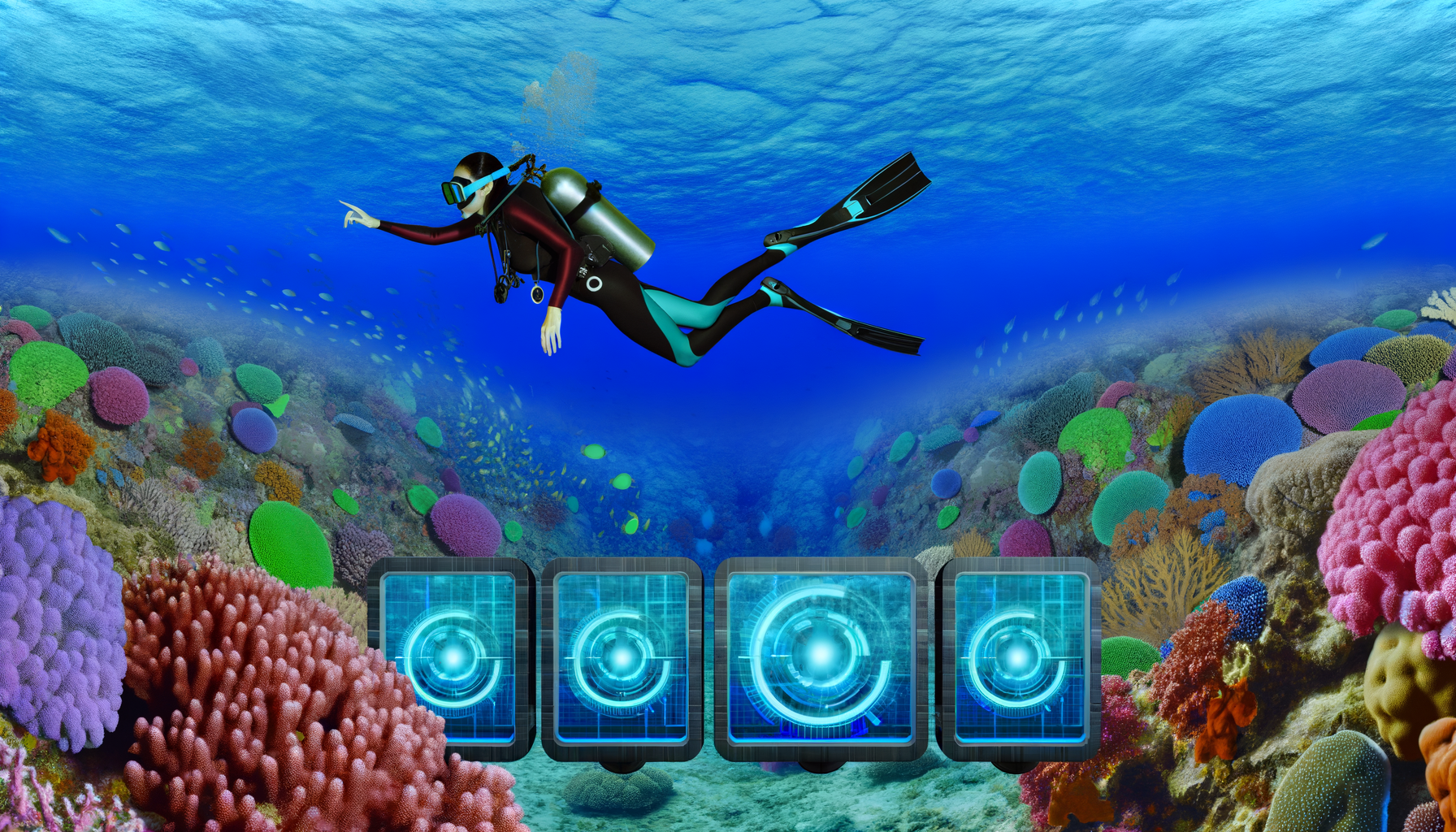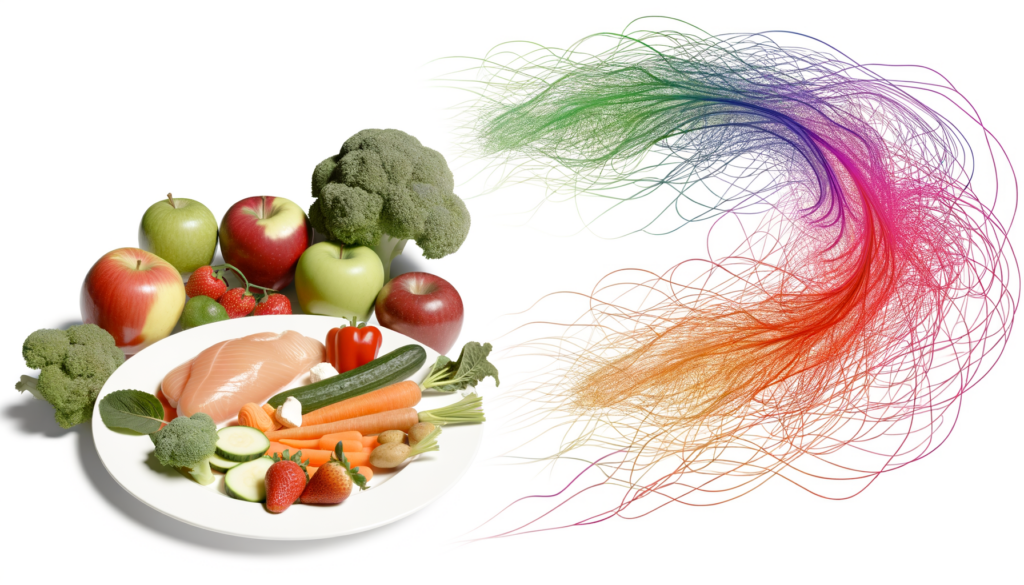Understanding Calorie Needs for Freediving and Underwater Sports Athletes
When it comes to freediving and other underwater sports, managing calorie intake is crucial for optimal performance, safety, and overall health. Here’s a comprehensive guide to help you understand the calorie tracking needs specific to these activities.
Calorie Expenditure in Freediving
Freediving, unlike scuba diving, involves holding your breath and diving to significant depths without the aid of scuba gear. This activity is highly energy-intensive due to the physical demands and the body’s response to apnea (breath-holding).
- A study suggests that freediving can burn approximately 1,000 to 1,200 calories per hour, with some estimates as high as 20 calories per minute for a 175-pound diver[3][4].
- The high calorie burn is attributed to the anaerobic and aerobic metabolic cycles involved in freediving. The body uses stored energy sources, and the post-dive recovery phase also consumes additional calories due to the rebuilding of muscle tissue and the burning of fats (Excess Post-Exercise Oxygen Consumption, EPOC)[4].
Factors Influencing Calorie Burn
Several factors can influence the number of calories burned during freediving and other underwater activities:
- Water Temperature: Diving in colder waters increases the calorie burn significantly due to the body’s need to maintain its core temperature. For example, diving in tropical waters can burn up to 900 extra calories per day due to the increased energy demand[2].
- Physical Condition: New divers or those who are less experienced may burn more calories as they struggle against the water resistance more than experienced divers.
- Speed and Movement: The faster and more dynamically you move through the water, the more calories you expend. This includes constant maneuvering and overcoming the drag of your wetsuit[2].
- Surface Activities: Activities such as surface swimming or fighting currents between dives also contribute to the overall calorie burn[4].
Nutrition and Meal Planning
To optimize performance and ensure you are fueling your body adequately for freediving and other underwater sports, here are some nutritional tips:
Macronutrient Balance
- For most underwater activities, a balanced diet with 55% of calories from carbohydrates, 35% from protein, and 15% or less from fats is recommended. This balance helps in providing the necessary energy for muscle function and recovery[1].
- Include fresh whole foods, natural lean proteins like chicken, fish, beef, turkey, tofu, and lean pork. Vegetables and fruits should be a significant part of your diet to provide essential nutrients and fiber[1].
Mindful Eating
- Practice mindful eating by focusing on your hunger rather than eating out of boredom or stress. Eating small, frequent meals can help avoid cravings and overeating[1].
- Be aware of the calorie content in beverages, as they can be high in sugar, fats, and stimulants. Prioritize water and low-calorie drinks.
Portion Control
- Use calorie-counting tools or a food scale to measure your portions accurately. This helps in visualizing portion sizes and making programmed eating easier[1].
- For those who prefer a more flexible approach, focusing on healthy eating habits such as avoiding bad fats and sugars can be effective.
Tools for Calorie Tracking
In today’s digital age, there are numerous tools available to help you track your calorie expenditure and intake:
- Mobile Apps: Apps like “Water Sports: Track My Calories” for Apple Watch can help track calories burned during various water-related activities, including freediving and swimming[5].
- Food Counts Books and Online Resources: Using food counts books or online calorie tracking apps can provide detailed information on the nutritional content of your meals, helping you stay within your calorie goals[1].
Real-World Examples and Case Studies
Many freedivers and underwater athletes have reported significant weight loss and improved physical condition through a combination of regular diving and balanced nutrition.
- For instance, a diver who started freediving a few hours a week reported losing 10 pounds over three months despite maintaining a high food intake. This weight loss is attributed to the high calorie burn associated with freediving[3].
Hyperbaric Health Considerations
Underwater activities, especially those involving depth and pressure changes, have specific health considerations:
- Hydration: Proper hydration is crucial to avoid dehydration, which can exacerbate the effects of pressure changes.
- Nutrient Balance: Ensuring a balanced diet helps in maintaining the body’s ability to cope with the stresses of diving.
- Post-Dive Recovery: Adequate nutrition post-dive is essential for recovery, including replenishing energy stores and supporting muscle repair.
Conclusion and Action Plan
Managing calorie intake and expenditure is vital for freedivers and underwater sports athletes. Here’s a summary of key points to consider:
- Calculate Your Calorie Needs: Use general guidelines such as adding a zero to your body weight to estimate your daily calorie needs, and adjust based on your specific activities and metabolic rate[1].
- Balance Your Macronutrients: Focus on a diet rich in carbohydrates, moderate in protein, and low in fats.
- Use Calorie Tracking Tools: Utilize apps, food counts books, or online resources to track your calorie intake and expenditure.
- Practice Mindful Eating: Eat small, frequent meals and focus on hunger rather than boredom or stress.
By following these guidelines and using the right tools, you can optimize your nutrition and performance in freediving and other underwater sports.
For more detailed calorie tracking and meal planning, consider using resources like Calorie Calculator Cloud, which offers personalized calorie plans and tracking tools. You can also explore the various Calorie Calculator Plans to find the one that best suits your needs.
Remember, a well-balanced diet and accurate calorie tracking are key to achieving your health and fitness goals in the world of underwater sports.








